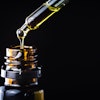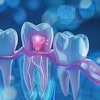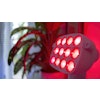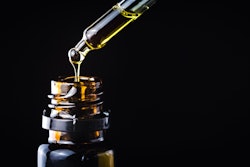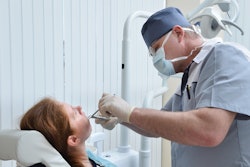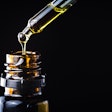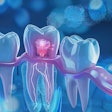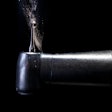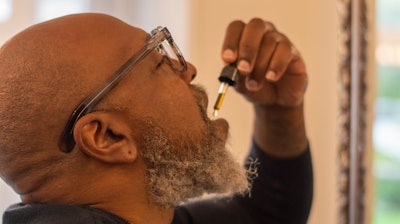
Cannabidiol (CBD), a nonaddictive, nonpsychoactive component of the marijuana plant, may reduce severe dental pain, making it a safer, equally effective alternative to opioids. The study was recently published in the Journal of Dental Research.
It is believed to be the first randomized clinical trial testing CBD for the management of emergency dental pain, the authors wrote.
“This novel study can catalyze the use of CBD as an alternative analgesic to opioids for acute inflammatory pain conditions, which could ultimately help to address the opioid epidemic,” wrote the authors, led by Dr. Vanessa Chrepa, an associate professor at the Rutgers School of Dental Medicine in Newark, NJ, (J Dent Res, November 1, 2023).
Anti-inflammatories like acetaminophen and ibuprofen are the first line of defense for dental pain, but some patients can’t take these over-the-counter medications or get enough relief from them. This has led some dentists to prescribe addictive opioids. The rise in addiction and death from opioids have led to a search for practical alternatives.
To explore the effectiveness of CBD in alleviating dental pain, 61 people with severe tooth pain were divided into three groups. Of the participants, 20 were given one dose of Epidiolex, a pure CBD oral solution that has been approved by the U.S. Food and Drug Administration for the treatment of seizures. Twenty participants were given two doses of the solution, and 21 were given a placebo, according to the study. Additionally, patient pain levels were monitored for three hours using a visual analog scale (VAS), a standard tool for assessing pain intensity.
Patients who received either one or two doses of CBD experienced more pain reduction than those given the placebo. About 85% of those who took CBD reported at least a 50% reduction in their initial pain, and they also reached a maximum median 73% reduction in pain after three hours, the authors wrote. In the CBD groups, participants more frequently experienced the side effects of sedation, diarrhea, and abdominal pain than those in the placebo group (p < 0.05), they wrote.
Nevertheless, the study had limitations, including that age- and sex-related differences couldn’t be assessed due to the small sample size.
Other factors known to affect pain perception, like social and psychological factors, will be considered in the next steps toward developing a larger scale phase III clinical trial, which would be the next phase involved in getting FDA approval for Epidiolex or other pure CBD solutions to use for dental pain management, they wrote.
“This randomized trial provides the first clinical evidence that oral CBD can be an effective and safe analgesic for dental pain,” Chrepa et al wrote.

